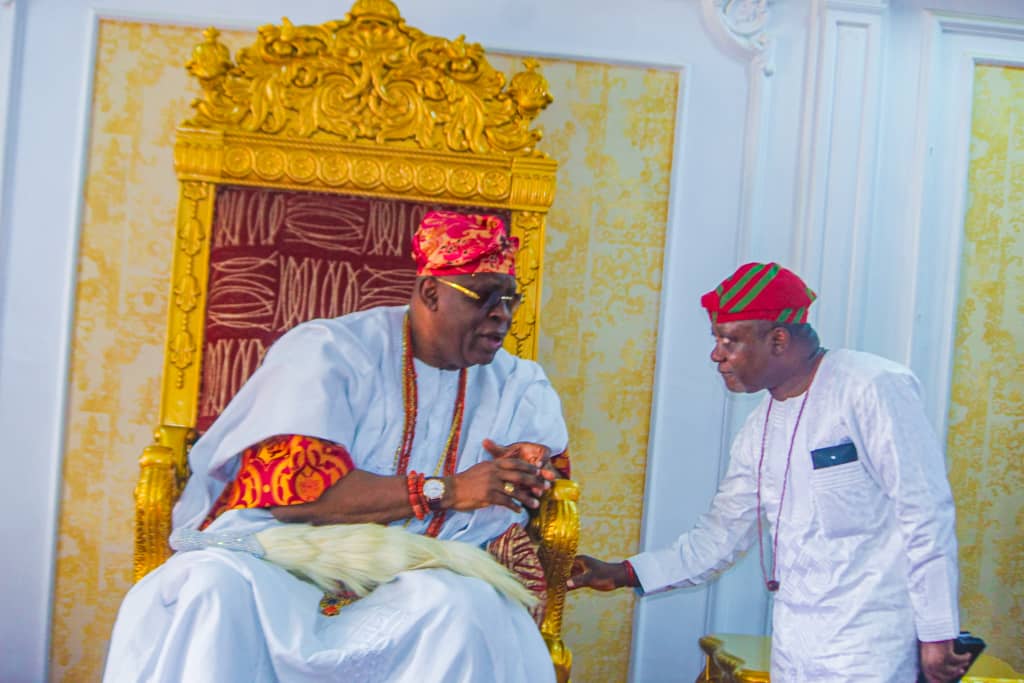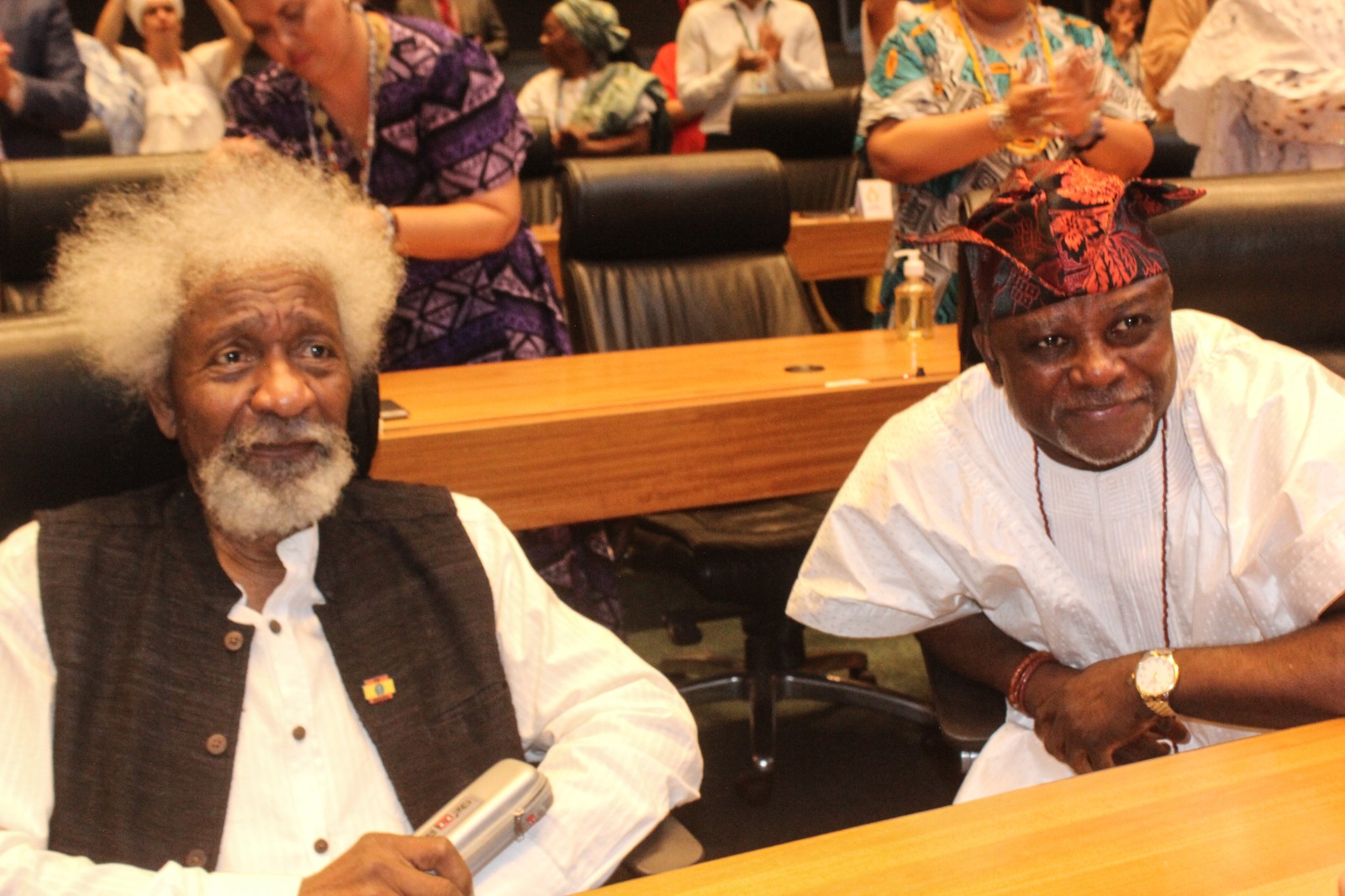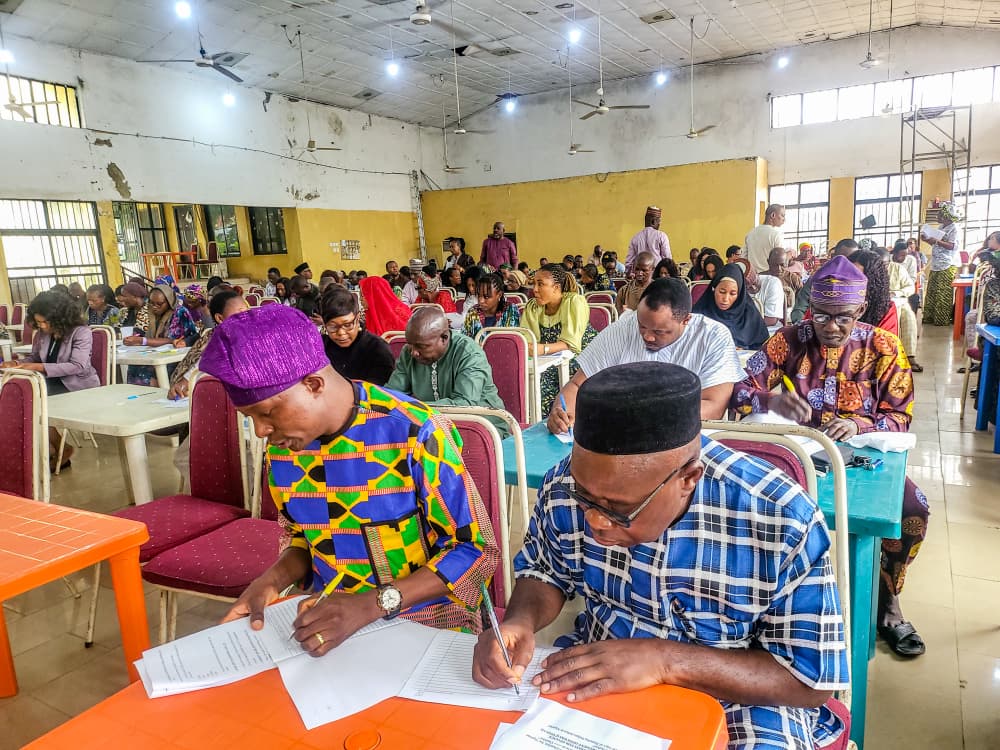A renowned Professor of Fine Art at the Ahmadu Bello University, Zaria, Kaduna State, Tonie Okpe has asserted that, with the modern society which encompasses new media and technological advancement, art workshops have become avenues for limitless artistic encounters, where new ideas and expansion of the range of creativity in contemporary art practice/production could thrive.
Professor Okpe was speaking as guest lecturer at the 5th National Visual Art Competition organised by National Gallery of Art (NGA) with the theme, “Visual Art as Tool for Human Capital Development,” held at the Shehu Yar’Adua Centre, Abuja-FCT, on 9th December, 2014.
Delivering a paper, titled, “Musing on Workshops as [In]Formal Training: Interrogating a Development Aspect of Contemporary Art in Nigeria,” the professor said that, rather than the formal art school training tradition (of theory, skills development instructional methods within a studio orientations of art teaching that demands assessment and evaluation which hinders creativity), the art practice that occurred outside of formal education/non-formal (i.e. workshops usually concentrated on techniques, interaction, process and product as end result and devoid of the pressures of commercial concerns) would continue to provide alternative spaces for artists to practice.
Speaking about the history of formal art education in Nigeria, which was not considered a useful subject in some schools by education authorities in Nigeria in the past, the sculptor argued that the curriculum was not tailored to meet the needs of the individual and the society but a propagation of Western forms of art education, imitating practices from other countries, rather than integrate entrepreneurial education into art schools’ curriculum that would better equip the new art school graduate to function more effectively in the society considering recent advancements in technology and new media.
Okpe listed some schools of thought that did not believe in the formal way of training artists but trained their artists non-formally by organising workshops/exhibitions of international standard and gained recognition, citing, “The Oshogbo Experiment” made up of three expatriates: Ulli Beier, Giorgina Beier and Suzanne Wenger, which produced Taiwo Olaniyi (known as, Twin Seven Seven), Muraina Oyelami, Jimoh Buraimoh and Rufus Ogundele, that were the first exponents to brace up with this challenge.
According to him, the “Ori-Olokun” was also set up by another expatriate, Michael Crowther and explored by Irien Solomon Wangboje at the then University of Ife with Wale Olajide and Rafiu Oladipo as main exponents in this regard.
He added that the Mbari Experiment was established in the late 50s and conducted workshops in the early 60s for writers and artists under the direction of Demas Nwoko, while the Abayomi Barber apprenticeship workshop experimentation propagated surrealism in painting.
In his conclusion, Professor Okpe advocated for the inclusion of periodic art workshops/visiting artists/artists-in-residence as non-formal forms of art education to the curriculum of art institutions in Nigeria.
Among the 1000 entries for the keenly contested competition, which was in four categories, the following prizes were won:
Professional Category: 1st Prize – Clement Nwafor, his work, “Visual Art for National Growth” on acrylic on canvas; 2nd Prize – Ibrahim Yusuf, with “Harnessing Nigerian Resources,” on acrylic on canvas; 3rd Prize – Durotimi Babatunde, with “Visual Art For Entrepreneurship,” on acrylic on canvas.
Tertiary Category: 1st Prize – Umenkwe Anthony, with his work, “Harnessing Nigerian Resources,” on fibre glass; 2nd Prize – Emeka Ikwegbu with his work, “Clearing the Root of our Economy,” in colour on paper; 3rd Prize – Wamyil Ayuba with his ceramics work, “Technological Innovation through Visual Art.”
Secondary Category: 1st Prize – Okwara Blessing with her work, “Technological Innovation Through Art; 2nd Prize – Favour Ozoko with “Visual Art For Entrepreneurship;” 3rd Prize – Onwughalu Chidi with his work, “Visual Art for Entrepreneurship,” all the works on poster colour on paper.
Primary Category: 1st Prize – Godswill Ugwuegbu, with his work, Technology Innovation Through Visual Arts,” colour on paper; 2nd Prize – Precious Enyinwa for her mixed media work, “Visual Art for Entrepreneurship;” and 3rd Prize – Hodonu Mayowa with “Visual Art for National Growth,” a mixed media as well.
Njideka Dimgba
Corporate Affairs Unit
NICO Abuja


